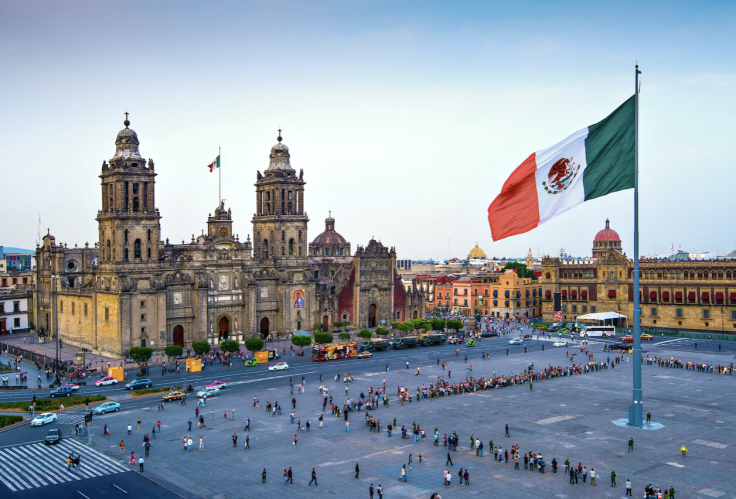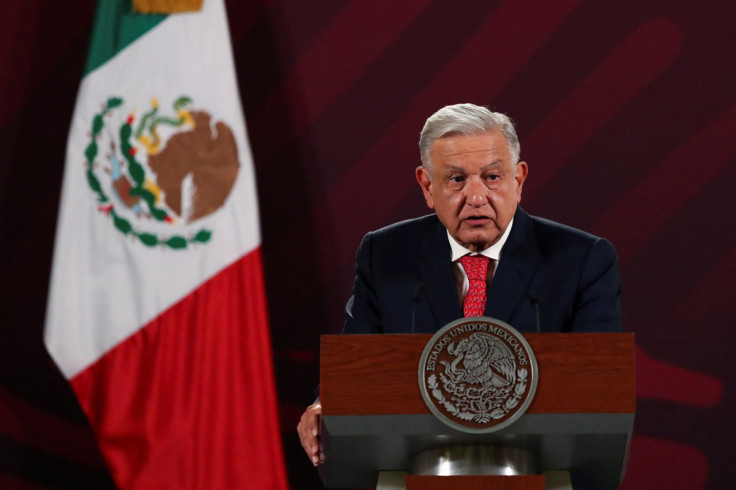
On the positive side, nearshoring from the United States and a favorable trading and investment environment have bolstered Mexico's economic prospects. However, on the downside, a flawed domestic policy, institutional erosion resulting from populist measures, and an increased influence of criminal organizations, notably impacting this year's presidential elections, pose significant challenges.
These are the main conclusions of a new report by the Baker Institute at Rice University analyzing Mexico's outlook for 2024. The document delves into several areas, among them the economy, legislative agenda, education and political and diplomatic relationships.
Even though it highlights the reasons for optimism at the top, the report focuses on the challenges for the coming years, describing them as "enormous," which, it claims, are a result of "questionable political choices and faulty domestic policy."
"Mexico is experiencing the same populist wave seen by many other countries around the world. This has resulted in a presidency that is set to leave the country's institutions much weaker than they were previously. Mexico's checks and balances are eroding in a way not seen since the 1990s," reads a passage of the document, which warns about the possibility that the political actors of incumbent party Morena interfere with the elections, "making them less free and fair."
Moreover, it warns that the "danger of post-electoral conflict is thus much higher than it was in 2018 or 2021." And even though the opposition, led by Xóchitl Gálvez, is expected to have a good result even if it loses, "this political environment will detract from Mexico's favorable business environment and slow down investment decisions."
The policy environment in 2024 is also anticipated to be complex, with long-lasting consequences from decisions made by the López Obrador administration over the past five years, the report claims. Chronic underinvestment in education, healthcare, infrastructure, and an underfunded civil service present formidable challenges.

Investors keenly await progress in addressing these issues to ensure a competent workforce, goods and services, and administrative capabilities for profitable investments. But despite government investments in major projects such as the Dos Bocas refinery, Mayan Train, and outer Mexico City airport, these are unlikely to compensate for underinvestment in most other sectors.
Concerns about corruption and organized crime are amplified this year. The absence of a coherent strategy to combat corruption has led Mexico to lose ground in global corruption indices, the document recalls. The government's passive approach to public safety and security aligns with a "Pax Mafiosa," allowing organized crime activities to persist.
"Criminal organizations may even become an important electoral ally of MORENA in the June 2024 elections; they showed their ability to intimidate, and even kill, opposition candidates and poll workers in 2021, and they are likely to push ahead in 2024," the document adds. This could be a major deterrent to international investment, as "most businesses must now consider the safety of their physical assets and operatives, along with the uncertainty of the policy environment."
Finally, Mexico's foreign policy, expected to remain intricate in 2024, introduces additional complexities to the U.S.-Mexico relationship. Contentious issues include Mexico's hesitancy on key matters such as irregular migration and combating the illegal import of fentanyl into the U.S. Trade disputes arise from Mexico's reluctance to open its energy market, agricultural disagreements, and concerns about China's influence through Mexican exports.
Additionally, Mexico's diplomatic ties with Latin American dictatorships and its divergence from American interests in Ukraine and the Middle East strain relations with Washington. Despite these challenges, the U.S. government is likely to allocate minimal attention to Mexico's foreign policy in 2024, given other pressing global and domestic priorities.
The report concludes that most of the challenges can still be tackled, but this mainly depends on AMLO's choices. If this isn't the case, they "are likely to become structural if the next administration, which takes office on Oct. 1, 2024, does not immediately reverse many of these policies."
"If it maintains course, Mexico's ability to capture the benefits of its geographic position, a favorable geostrategic environment, and the advantages that stem from the USMCA will be diminished."
© 2024 Latin Times. All rights reserved. Do not reproduce without permission.







